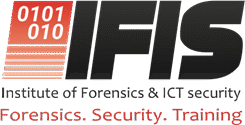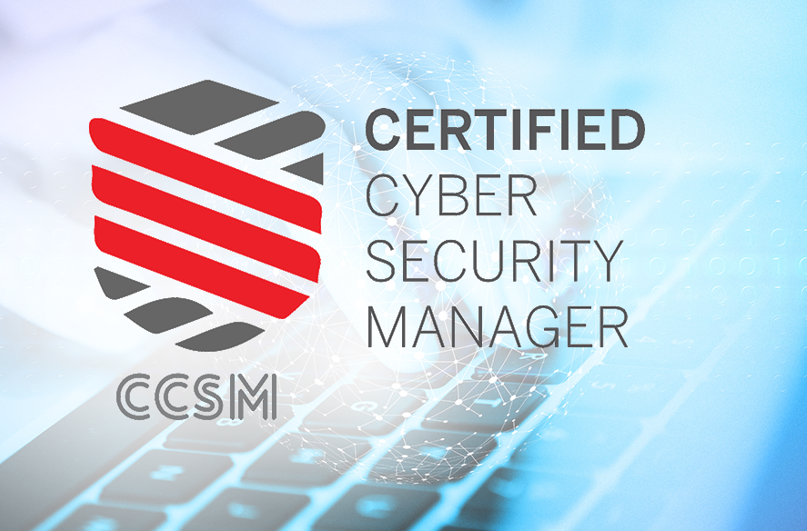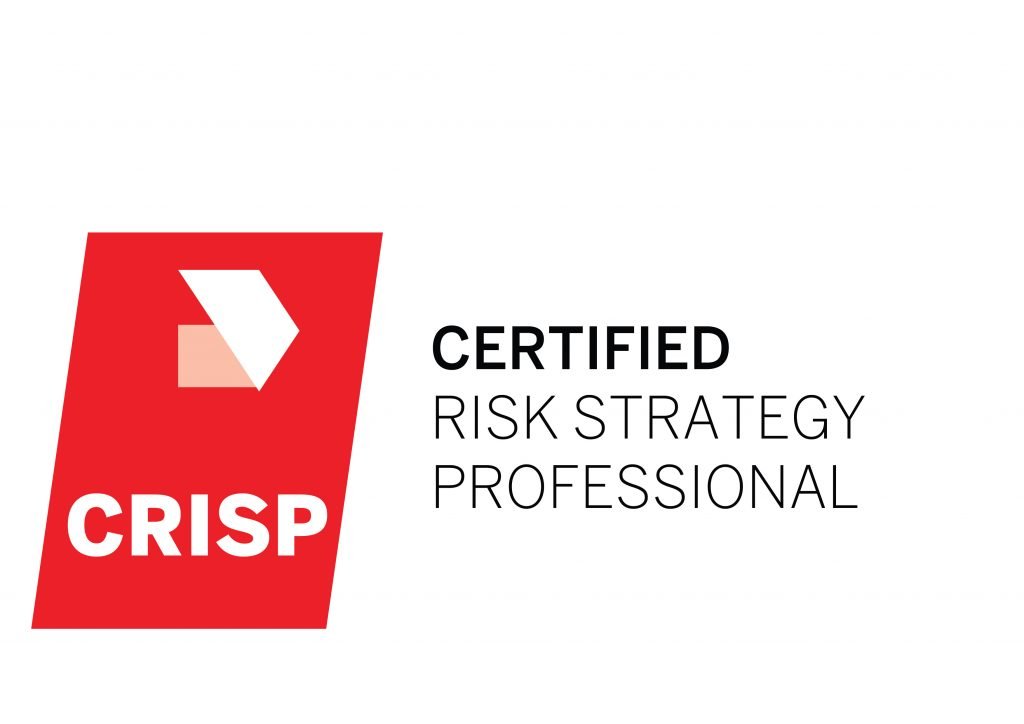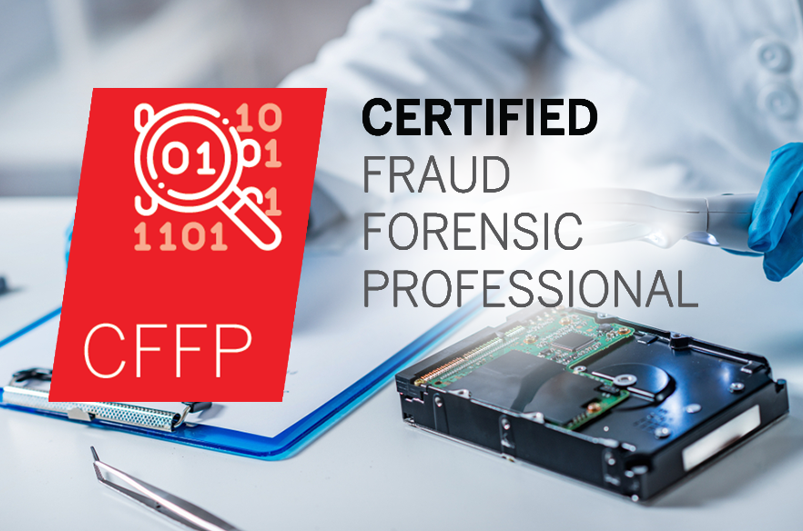Successful candidates are proficient in the following seven domains:
- Security and Risk Management
- Asset Security
- Security Architecture and Engineering
- Communication and Network Security
- Identity and Access Management (IAM)
- Security Operations and Testing
- Cybersecurity Leadership for Executives and Boards
Experience Requirements
Candidates for the CCSM must meet the following experience requirements:
- Minimum Work Experience
- Two years of professional work experience in the field of cybersecurity, internal audit, risk management or operations.
- At least one year of experience in a managerial role.
- Relevant Roles and Domains
- Experience must span two or more of the seven CCSM domains.
Candidates without the required work experience may pursue the CCSM qualification by completing the required training and passing the exam. They will have up to two years of professional work experience to earn the requisite work experience.
Accreditation and value of the course
The CCSM certification is a practical course and aligns with globally recognized standards, such as ISO/IEC 17024, ensuring its credibility and relevance for cybersecurity professionals worldwide. This is a handson course designed to empower learners with practical skills. Graduates will gain practical skills that can readily be applied to their work upon completion thereby setting themselves apart of the park.
Job Task Analysis (JTA)
The CCSM certification undergoes a comprehensive Job Task Analysis (JTA) periodically to ensure it reflects the evolving roles and responsibilities of cybersecurity managers. The JTA process involves gathering data on the tasks performed by industry professionals and using these insights to update the certification domains and examination content. The CCSM course by IFIS is relevant today’s work requirements.







